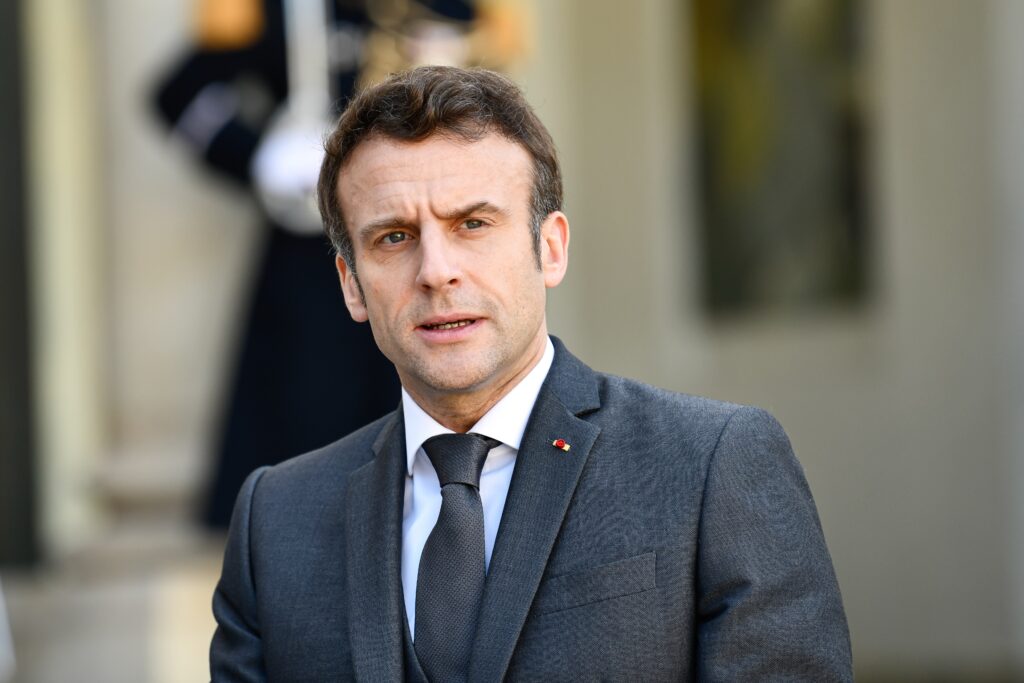French President Emmanuel Macron has questioned the European Union’s partnership with Israel, citing the worsening humanitarian crisis in Gaza. In a televised interview on Tuesday, Macron called the situation shameful and said suspending ties with Israel is now an open question for the EU. He urged the bloc to stop ignoring Israeli actions and to raise political pressure.
His comments follow a growing push from several EU countries to review the EU-Israel Association Agreement. The move began last week when Dutch Foreign Minister Caspar Veldkamp sent a letter to the European Commission. The letter accused Israel of violating international humanitarian law by blocking aid into Gaza and claimed Israel had breached Article 2 of the agreement. This article requires that all EU partnerships respect human rights.
The Netherlands, once seen as a strong supporter of Israel, changed its stance after more than ten weeks of blocked aid. The Dutch proposal now has support from Belgium, Finland, France, Portugal and Sweden. In total, eight EU member states have joined the call for a formal review of the agreement. This marks a significant shift, especially since a similar proposal from Ireland and Spain received little backing 15 months ago.
The EU is Israel’s largest trading partner, which makes any trade or diplomatic review a serious step. The Dutch letter said that Israel’s aid restrictions contradict the EU’s core values of neutrality and human dignity. It also criticized Israel’s recent decision to replace UN-run aid systems with private companies. The United Nations has warned that such changes could worsen the humanitarian situation and risk using aid as a political tool.
Non-governmental organizations have also urged the European Commission to act. They want the Commission to assess whether Israel is still in compliance with the human rights terms of the agreement, without waiting for approval from all member states. Former EU diplomat Josep Borrell raised this issue in November and held a private meeting with Israeli officials. That process paused when a temporary ceasefire took place in Gaza, but is now back on the agenda.
Kaja Kallas, who succeeded Borrell, confirmed that the Dutch proposal will be discussed when EU foreign ministers meet on May 20. The European Commission has said that any suspension of the agreement must be approved by all 27 member countries. This requirement makes the process more complex, especially with member states holding different views on the conflict.
Israel has dismissed Macron’s comments and criticized the idea of suspending cooperation. At the same time, German Foreign Minister Johann Wadephul has supported Israel’s new aid strategy. While visiting Jerusalem, he said the new model complies with international humanitarian standards. This position reflects the continuing divide within the EU on how to handle the war in Gaza.
The conflict began after Hamas launched an attack on Israel on October 7, 2023. In response, Israel launched a major military operation in Gaza. Since then, thousands of people have died and humanitarian groups say the situation is now critical. Food, clean water and medical supplies remain scarce, and international aid efforts are being blocked or delayed.
The EU must now decide whether Israel is still following the rules of its agreement with the bloc. The upcoming May 20 meeting could lead to one of the strongest responses by the EU so far. Whether or not there will be a suspension depends on whether all member countries can reach an agreement.


